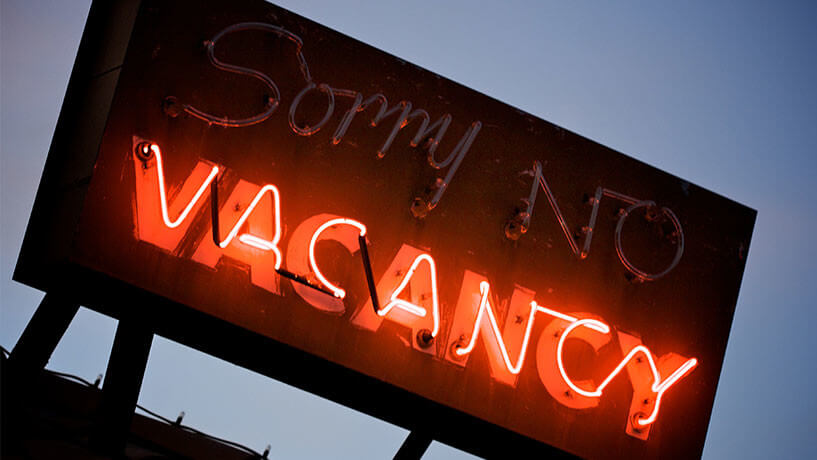
As a hotelier, your goal may be to offer a superlative guest experience, yet you do not disregard the fact that you are essentially administering an enterprise.
NB: This is an article from RateGain
Ergo, the art of vending hotel accommodations is quintessential to your triumph as a hospitality manager or operator. The key to success lies in prioritizing guest experience while also focusing on maximizing room occupancy, regardless of the season.
Subscribe to our weekly newsletter and stay up to date
This means developing effective hotel sales strategies to ensure profitability and a thriving business strategy.
Hotel Sales Strategies
An unoccupied hotel is a nightmare for hoteliers, indicating a failed business strategy. To avoid this situation, hoteliers must implement sales strategies that attract guests and ensure a steady flow of business, even during the slower travel season. Selling as many rooms as possible is crucial to driving revenue, which enables hoteliers to invest in the hotel’s future and provide the level of service that guests expect.
Prioritizing hotel room sales techniques helps to create the atmosphere that guests anticipate. A vacant or nearly empty hotel can leave a negative impression on guests. Selling as many rooms as possible ensures that the hotel remains lively and dynamic, which is important for guest satisfaction. To achieve this, hoteliers must develop sales strategies tailored to their target market and local destination, considering effective hotel room sales strategies such as those outlined below.
Six Essential Strategies for Hotel Room Sales
- Hotel Group Sales Strategy
This strategy requires a shift in marketing and sales approach to corporate target groups. Offering deals on rooms and meeting spaces to these groups can lead to repeat business. To secure group bookings, it is most cost-effective to connect directly with planners. You can list your property on venue marketplaces where planners can view floorplans, photos, and unique features. Segmentation of your target audience will allow for more compelling offers to the appropriate groups for your property.
- Hotel Direct Sales Strategy
This strategy aims to generate as many direct bookings online from guests as possible. Direct bookings are ideal for hotel operators because they generate the highest revenue without the need to pay commissions to agents or distribution partners. To implement a direct booking strategy, hotel managers should invest in an online booking system that integrates with their website and property management system. Additionally, prioritizing a social media strategy can help increase direct bookings.
- Collaborative Destination Marketing Sales Strategy
This sales strategy involves hotels partnering with other tourism businesses in their local destination to promote the region as a whole. The goal is to work together to create a destination marketing campaign that targets inbound tourism markets and increases overall traffic to the area.
- Cross-Promotion Sales Strategy
With this sales strategy, hotel managers identify major events in the local area throughout the year and develop promotions that coincide with them. This allows them to capitalize on the influx of visitors attending the events and generate bookings they may not have had otherwise. Conferences, concerts, and sporting events are ideal opportunities for cross-promotional sales strategies.
- Guest Rewards Sales Strategy
Many travelers, particularly millennials, value rewards programs and are more likely to do business with companies that offer them. Hotels have had great success with rewards programs, which often generate repeat bookings and referrals. In a guest rewards sales strategy, hotel operators develop a system that rewards guests for frequent stays, upgrades, and referrals to friends and family.
- Revenue Management Sales Strategy
This strategy aims to maximize the number of rooms booked throughout the year, regardless of typical travel traffic patterns. Revenue management plans require hotels to drop room rates during the low season to encourage bookings while raising rates during high traffic times. This allows hotels to generate more revenue per available room during peak periods when guests are willing to pay higher rates.




